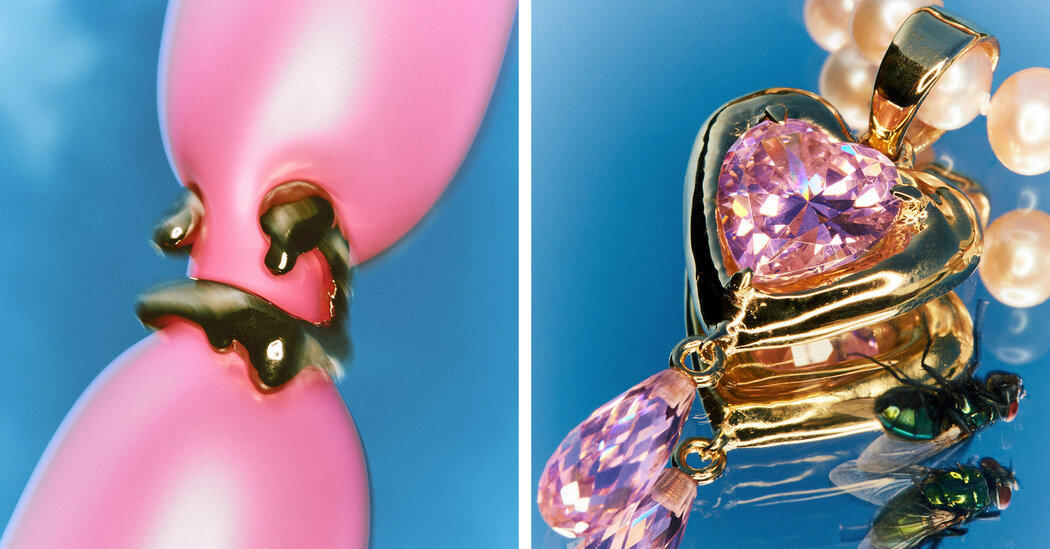Ten years ago, the Canadian entrepreneur Tara Medina met the Mexican architect Andrés Saavedra in the surf on Mexico’s Playa Linda. Now, the two are launching Hotelito, 35 minutes outside of Zihuatanejo along the Pacific Coast in the state of Guerrero. The 13-room hotel, along with its beach club, freshwater bio pool and subterranean bar, sits inside MUSA (an acronym for Modern Utopian Society of Adventurers), the couple’s 177-acre planned community featuring residences and restaurants as well as an animal sanctuary and bike park.
For Hotelito’s design, Saavedra focused on sourcing building materials within a short radius. Tropical hardwoods like parota dominate the minimalist structure, as does slate-hued cantera stone from Michoacán and terrazzo handmade from rock found on-site. Guest rooms adhere to a neutral color scheme, while floor-to-ceiling windows are framed by lush greenery. The beach club features custom furniture produced in Zihuatanejo. Working up a thirst is easily done from April to October when swells from the south and southwest break in front of Hotelito, with three-foot-plus waves unfurling along the sandy beach. Surf conditions calm from November to March, though the occasional curl from the north might create epic peaks in these mesmerizing waters. Hotelito opens in March 2023; rooms from $475, findmusa.mx.
See This
Luam Melake’s Soft, Social Furniture, on View in New York
“People don’t think that much about the social effect of their furniture,” says the artist Luam Melake. Her colorful pieces blur the boundary between sculpture and seating, reimagining how a chair might serve the person who occupies it. Her Listening Chair supports two people — one seated upright, the other lying down across their companion’s lap — and facilitates an instant confessional intimacy. Nine of Melake’s functional designs comprise “Furnishing Feelings,” the artist’s solo exhibition at TriBeCa’s R & Company. Made primarily from polyurethane foam and a waterproof coating that looks like lacquer from afar but moves fluidly with the body, Melake’s creations are the culmination of her lifelong interest in materials research, psychology, anthropology and postwar design. “I read about physicality and how distance influences behavior, and positions that are known to be beneficial to people’s mental health,” she says of her approach to creating furniture like her Regressive Chair, which encourages its sitter to adopt the fetal…
Click Here to Read the Full Original Article at NYT > Travel…
